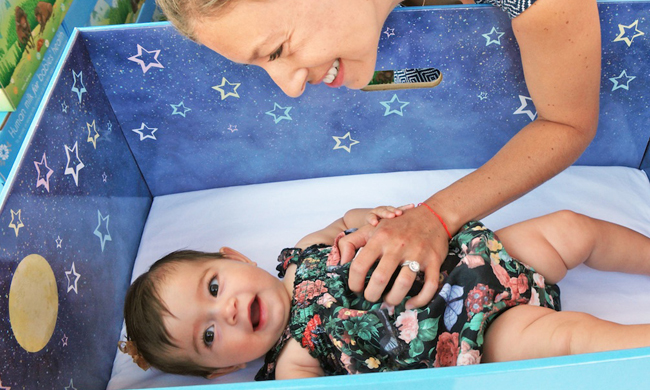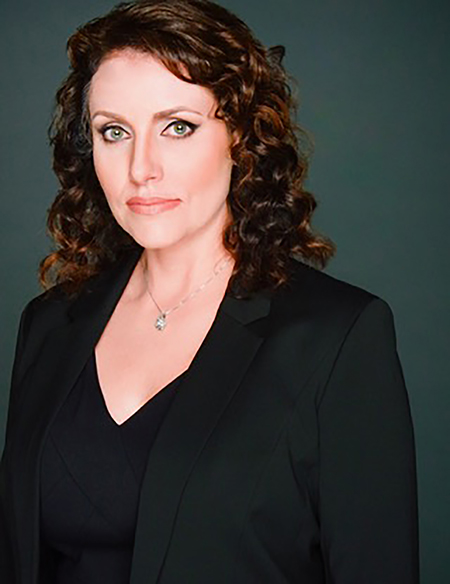Safe Sleep Awareness
Oct 17, 2017 04:31AM ● By Family Features

10 tips to keep infants safe
October is Safe Sleep Awareness Month and the U.S. continues to have a higher infant mortality rate than any of the other 27 wealthy countries. The World Health Organization reports that a U.S.-born baby is almost three times more likely to die before the age of 1 versus babies born in Finland or Japan.
Of the many causes of infant mortality, one that is preventable is suffocation in an unsafe sleep environment. A majority of infant deaths related to sleep could be prevented if parents are empowered with the latest information and tools, such as those from The Baby Box Co., which aims to help new families by offering similar resources to those that have helped Finland reduce its infant mortality statistics over the past 80 years.
Ideal as a parent starter kit, Baby Boxes also serve as a safe sleep space for babies. While parents can use the products inside and the portable safe sleep space, it’s the parenting education they receive through the company’s online program, Baby Box University, that is key to keeping babies safe.

“Whether you are a first time parent or have many children, it’s important to continually update yourself on medical recommendations for safe sleep,” said Dr. Dyann Daley, a pediatric anethesiologist and founder of the nonprofit organization Predict, Align, Prevent Inc. “Sometimes, well-meaning medical professionals may not be aware of current best practices. These tips, based on recommendations from the American Academy of Pediatrics, can help give babies a safe start in life.”
- Babies should sleep alone. It’s understandable that parents like to be close to their little ones while they sleep, however, there is a significant risk of suffocation from bedding or parents rolling onto the baby if they co-sleep. The safest place for baby is in his or her own bed.
- Baby’s mattress should be firm and safety approved.
- Baby should sleep in the same room as his or her caregivers. Studies have shown a significant reduction in sudden infant death syndrome (SIDS) when baby sleeps in his or her own bed in the same room as caregivers.
- Keep soft items out of baby’s bed. This includes crib bumpers, loose bedding, pillows and plush toys.
- Put baby to sleep on his or her back. Face-up is the safest position for a newborn.
- Breastfeed safely at night. According to a study released by Temple University Hospital, 59 percent of mothers who exclusively breastfed their babies and used a Baby Box said it made breastfeeding easier, due to the proximity of baby’s bed at night.
- Give baby a pacifier. Use a dry pacifier that is not attached to a string, cord or stuffed animal, but don’t force your baby to use it if he or she resists. If the pacifier falls out during sleep, there’s no need to put it back in baby’s mouth.
- Give baby plenty of tummy time when awake. This will help strengthen the muscles in baby’s back and neck, and can help them grow strong.
- Don’t let baby get too hot during sleep. Dress your baby in no more than one layer and maintain a room temperature comfortable for adults.
- Don’t smoke or let others smoke around your baby. Infants exposed to smoke are three times more likely to suffer SIDS-related death.
There’s no greater start in life than with empowering information for parents. Find more information at BabyBoxUniversity.com.





